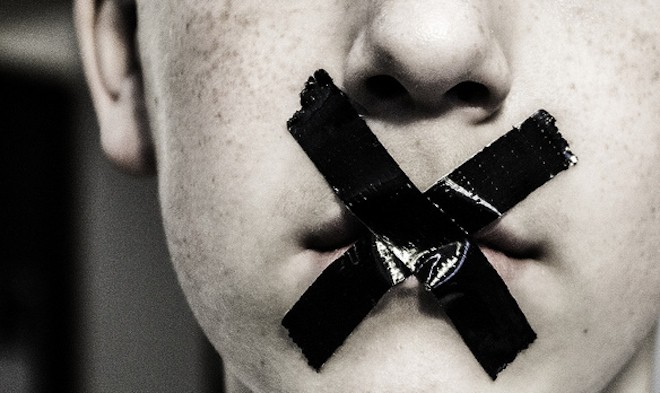
image; Rebecca Barray (CC), Flickr
Back in 2011, I was researching a story about the under-appreciated toll of foodborne illness. Through social media, I met Lisa Bonchek Adams, a mom of three in Connecticut who had suffered an extended, bad bout with antibiotic-resistant Campylobacter. She was a great interview — thoughtful, funny, frank — and she had an extraordinary story: She was a survivor of breast cancer and aggressive treatment for it — double mastectomy, preventative removal of her ovaries and chemotherapy — but, she said candidly, foodborne illness had made her sicker than her cancer treatment ever did.
After confirming her story via physicians and factcheckers, I used it as the opening of a long investigative piece that was published in June 2012. After that, we stayed in touch on Facebook and Twitter, and I watched as her already substantial following expanded, responding to that same forthright voice that I had found so compelling. Within a few months, though, her fortunes changed — and subsequently, so did her online circle. In October 2012, Adams learned that her cancer had returned and metastasized elsewhere in her body. It was judged Stage IV, incurable. She wrote:
I am at the beginning of what treatments are available for me.
Don’t you count me out yet. Far from it.
Just because this disease can’t be cured doesn’t mean there isn’t a lot of life left in me; there is still so much for me to do.
In the 2 years since, I’ve watched in admiration as Adams has spoken directly and realistically about her treatments, family relationships, symptoms, hopes and fears. She is uniquely not a treat-at-all-costs cancer warrior, not a Pinktober booster, not a believer in miracle cures. Carefully and patiently, even when in pain (she has been in the hospital since Christmas for pain management), she commiserates with other patients and their families, urges people via her #mondaypleads hashtag to get regular checkups, and starts every day on Twitter with this mantra: “Find a bit of beauty in the world today. Share it. If you can’t find it, create it. Some days this may be hard to do. Persevere.”
So you’ll understand why I, and numerous other bloggers and tweeters, object to two first-person essays about Adams, published over the past few days by a New York Times editor and his wife, and consider them gratuitous, mean-spirited attacks. (A sample of reaction: Xeni Jardin, on Twitter (Storified); Megan Garber, The Atlantic; Greg Mitchell, The Nation; Cecily Kellogg, Babble; Adam Weinstein on Gawker.)









